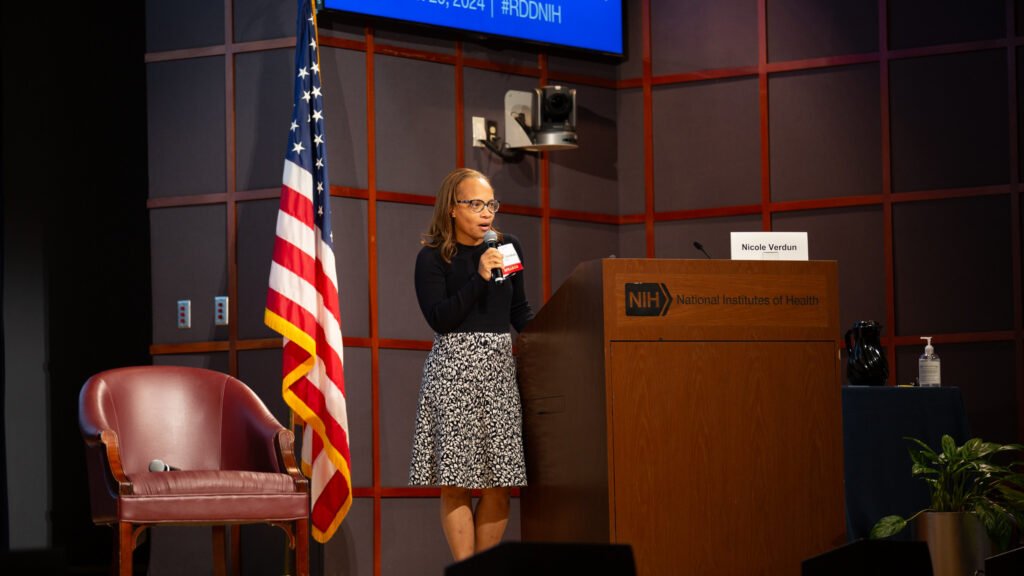The recent removal of Nicole Verdun, the FDA’s chief regulator of cell and gene therapies, stemmed from a disagreement with her superior regarding the review of a cell therapy for Duchenne muscular dystrophy. According to sources, Verdun had scheduled an advisory committee meeting to evaluate the therapy developed by Capricor Therapeutics. However, Vinay Prasad, the director of the FDA’s Center for Biologics Evaluation and Research, expressed skepticism towards the treatment and unilaterally decided to cancel the meeting.
In addition to the disagreement over the cell therapy review, there were underlying tensions related to Verdun’s management style that had been brewing for some time. These unresolved issues further complicated the decision to place her on leave, raising questions about the exact reasons behind her ouster.
The situation highlights the complexities and challenges involved in the regulatory process for innovative therapies like cell and gene therapies. The FDA plays a crucial role in evaluating the safety and efficacy of these groundbreaking treatments, and disagreements among regulators can have significant implications for the development and approval of new therapies.
As the biotech industry continues to advance, it is essential for regulatory agencies like the FDA to have clear and effective processes in place to review and evaluate new therapies. Open communication, collaboration, and transparency are key to ensuring that decisions are made based on the best available evidence and in the interest of public health.
The removal of Nicole Verdun underscores the importance of strong leadership and effective communication within regulatory agencies. It also serves as a reminder of the critical role that regulators play in safeguarding the health and well-being of patients who stand to benefit from innovative therapies.


